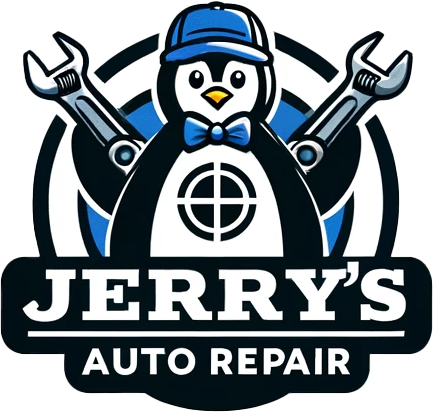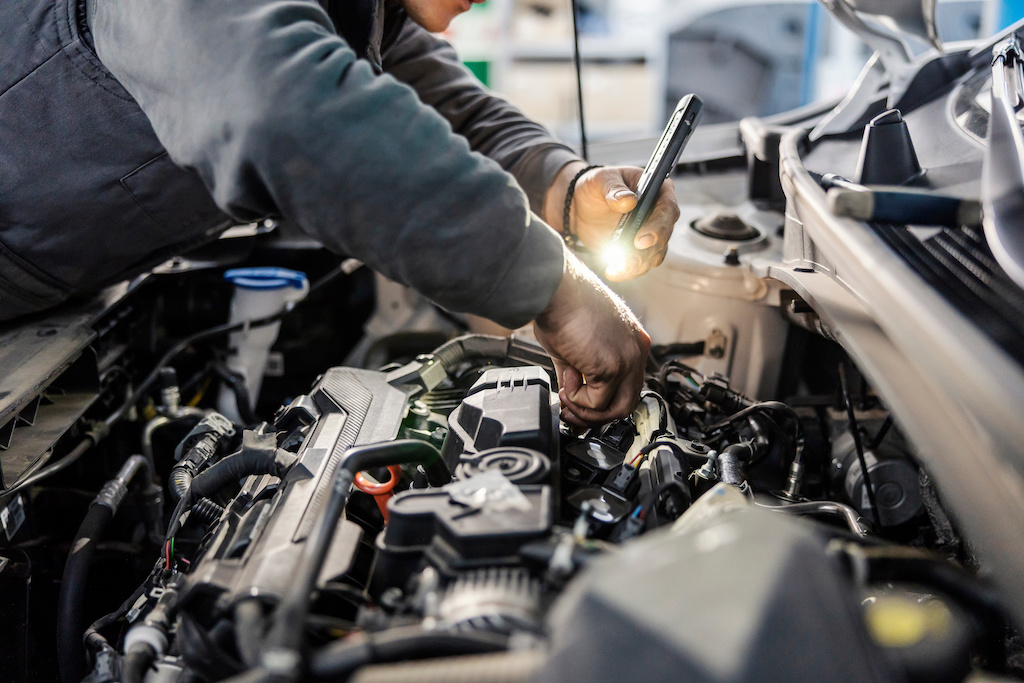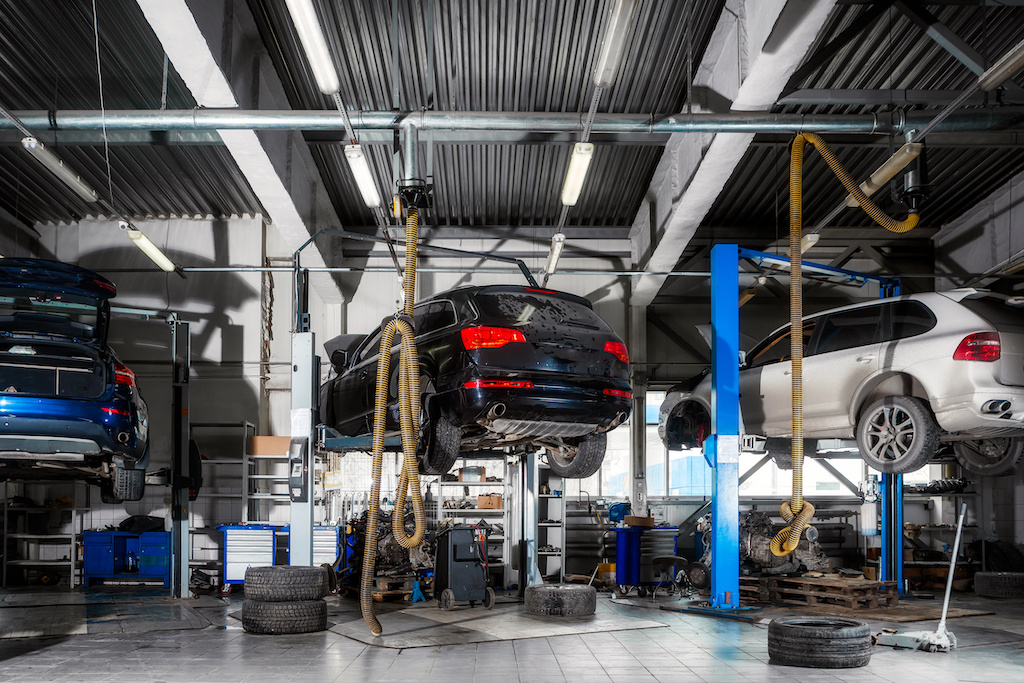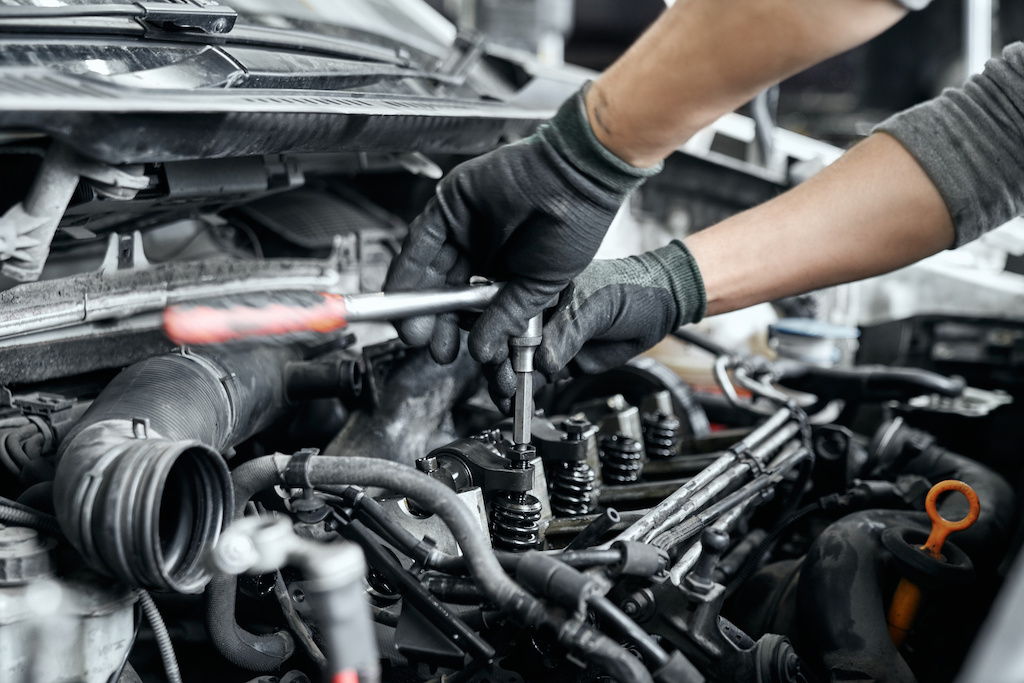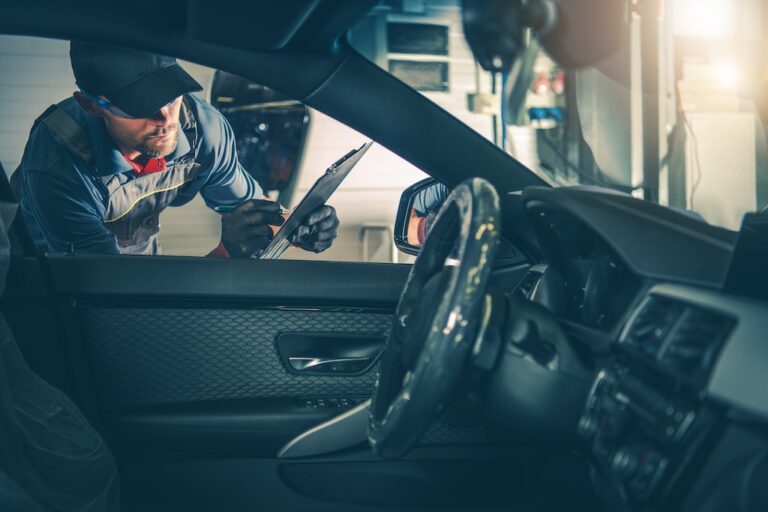AIR CONDITIONING REPAIR
Let's talk about air conditioning service and repair issues for the Hampton FL area. Most of us in Gainesville we don't give our air conditioning a second thought as long as it's making cold air. But it's a complex and expensive system that we should think about before it starts blowing hot air. The refrigerant in the air conditioner contains a special oil that lubricates and cools the A/C parts. When enough refrigerant leaks out, your air conditioner still makes cold air, but the parts don't have enough oil to protect them and they wear out faster than they should so it's important to service the air conditioner as recommended by your Gainesville FL service center. Replacing old refrigerant has another benefit: refrigerant tends to gather moisture and become corrosive. That causes leaks in the system which can be expensive to repair. Fresh refrigerant protects the air conditioning components and keeps the system operating at peak efficiency so it doesn't have to work as hard to keep you cool. Even with regular service A/C parts can just wear out. Normal wear and tear eventually gets to all moving parts. Addressing early problems can save on more extensive repairs down the road. For instance, a common failure is the clutch that turns the compressor on and off. If you can take care of a bad A/C clutch when it first starts having problems, you may be able to save the compressor. Wait too long and you'll have to replace both.
ALTERNATOR
You've probably noticed a bunch of warning lights on your dash when you start your engine. They flash on to test the circuits and then go off if everything's OK. One of the warning lights looks like a car battery. Its job is to tell you if your battery's not charging properly. You know that your battery stores electricity – enough to start your engine and get you moving. But that's about it – you can only get a few miles in Gainesville on battery power alone. You need an alternator to generate enough electricity to run your engine and power your electrical accessories like the stereo, power seats, heater fan, on-board computers, and so on. On top of that, the alternator needs to recharge your battery. So when your alternator isn't working properly, there isn't enough electricity for all of those things. When your alternator fails, you aren't going very far. So why would your alternator not work? Usually they've simply worn out. Alternators are driven by your serpentine belt and spin 2 to 3 times faster than the engine – that's a lot of work. The bearings wear out, as do the cooper wire coils and magnets that generate the electricity. There's no sense in hobbling along with an alternator that's not working properly. It will fail at some point and leave you stranded. Get a bad alternator replaced as soon as you can. Your Gainesville FL service technician at Jerry's A/C & Auto Repair will install an alternator that meets your manufacturer's specifications. Some folks use a lot of additional electrical gizmos in the vehicle, like computers, DVD players, power inverters and such or may regularly tow a camp trailer that's battery recharges as you drive. If that sounds like you, talk with your Gainesville service advisor at Jerry's A/C & Auto Repair about upgrading to a more heavy duty alternator to meet your needs.
BATTERY
Batteries are a huge part of modern life in Gainesville FL. I mean, how many battery chargers do you have? Of course, our purpose here is to talk about your car battery. When people come into our Gainesville FL service center and need a new battery, they're really not that happy about having to spend the money. But the fact is that 70 percent of batteries don't make it for 4 years. There are some things that you can do to extend the life of your battery. First, keep it clean. If you see it getting dirty or greasy, let us know at Jerry's A/C & Auto Repair and we can clean it off. A dirty battery runs hotter and that shortens its life. If your battery terminals are corroded, let us take a look at that too. We can clean them, and if the corrosion has gotten into the battery cables, we can replace them. Also running your battery way down is bad for it: Things like running the headlights or watching a DVD player with the car turned off can deeply deplete your battery. The typical battery can only take about 10 of those deep cycle depletions before it gives up the ghost. Because we often take short trips around Gainesville with lots of stops for errands, our batteries can end up not getting fully recharged just by driving around. That also shortens battery life. You can hook up a good quality automatic battery charger at home from time to time. We recommend charging once a month during hot months and every three months during cold months. Now when it's finally time to get a new battery, we can help you find the right replacement. We'll always make sure to meet your manufacturer's recommendations. Now if you have special needs – like live in a very cold climate or run a lot of electrical accessories, we can look at an upgrade that'll give you the power you need.
BELTS & HOSES
Your car’s belts make more than 35 million revolutions each year, so don’t ignore them. An important part of your car, the belts wrap around pulleys to power many of your car’s other components. Worn, defective or improperly adjusted belts contribute to accidents and breakdowns, costly repairs, battery failure and overheated engines.
COMPUTERIZED DIAGNOSTICS
Today, most cars are controlled by computers. The fuel injectors, the spark plugs, the steering system and more are all told when to fire and when to move by an onboard computer system. If something’s going wrong with your car or engine, your onboard computer can tell you about it.
FUEL PUMP
Your fuel pump sends fuel from your fuel tank to your engine. Sometimes fuel pumps fail – usually with little or no warning – and they need to be replaced. The majority of fuel pumps are inside the fuel tank, so getting to them can be a big deal. In some vehicles the fuel tank must be removed to access the pump. Depending on the design of the vehicle and the condition of the fuel tank, it may need to be replaced along with the pump. As you can imagine, that is pretty labor intensive. It’s also dangerous because that flammable fuel must be properly handled; so don’t try it at home. There are some best practices your service technician follows that you should know about. First, it’s recommended that the entire fuel pump assembly, including the electrical relay, be replaced. When one component has failed, another one is probably close to failure. With all of the labor involved, replacing the entire assembly is a long term cost saver. Another best practice is to always use a quality replacement pump that matches your original equipment specifications. So-called universal replacement pumps may spin at a different speed than the engine management computer is calibrated for. The mis-match could cause performance and longevity issues. There are some things you can do to help your fuel pump last longer. First, don’t let your fuel tank run too low. When fuel is low, the pump has to work very hard to suck up enough fuel from the bottom. Also, the pump is submerged in fuel which cools and lubricates it. Re-fueling at a quarter tank or so will extend fuel pump life. Also, E85 gasoline can damage your fuel pump if you do not have a Flex-Fuel vehicle. The high level of ethanol can damage seals in your fuel system creating a fire hazard.
HEADLAMPS
You may be surprised to learn that 40 percent of traffic fatalities in FL take place at night even though there's 60 percent less traffic. It goes to show how important proper visibility is to nighttime driving in our Gainesville community. Obviously, a clean windshield is important – so are good wiper blades. Your headlights play a big role as well. There are two main concerns. One is with the headlamp, or bulb. The other is with the lens. The fact of the matter is that headlamps go dim over time on your vehicle. You just need to replace them. Some vehicles come with a standard bulb which you can replace or you can upgrade to a halogen bulb that's much brighter. Halogen costs a little more but you'd be amazed at the difference. It's a good idea to replace your headlamps once a year. The idea is that your lamps never dim to the point that they become a safety issue. Just take care of it at a fall oil change so that your lights will be bright for the coming long winter nights. The other big issue is the headlamp lens. For the last couple of decades, most lenses are made of plastic which can get cloudy or yellow. That blocks a lot of light. You can replace the lens, but each lens assembly can cost as much as $350 to $400. It's much less expensive to restore the lens if it isn't broken. We use a process of special cleaners and polishes to remove the yellowed and hazy layer of the lens. We then apply a hard protective finish. When we're done, your lenses really are as good as new. The price depends on the size of the lens and how yellowed or cloudy it is. You can even restore taillights and turn signals. So combining a headlamp restoration with new bulbs will light up the road like a new car. Can you clearly see the advantage?
RADIATOR FLUSH & FILL
Today, most cars are controlled by computers. The fuel injectors, the spark plugs, the steering system and more are all told when to fire and when to move by an onboard computer system. If something’s going wrong with your car or engine, your onboard chip knows that, too.
TRANSMISSION
So you have some exciting plans for the weekend. You’re going to take some of your friends out on the boat for some water skiing. Of course, you’ve got the boat all ready. And you haven’t forgotten about your tow vehicle. You’ve gassed it up and even vacuumed it out. But you want to make sure that your vechicle maintenance is up to date. Think about it – heavy traffic on the way out of town. There’s hilly terrain as you get to the lake. Some dirt roads – and its going to be pretty hot in this weekend. And all the time you’ll be towing around several thousand extra pounds. That all adds up a lot of severe strain on your engine, brakes and transmission. Let’s just consider the transmission. It’s going to be working overtime, spending more time in lower gears. The internal transmission temperature is going to be much higher than normal. What’s a fun little blast to the local lake for you is really severe duty for your transmission. It’s important to have enough transmission fluid. If it runs low, the transmission will run hotter and won’t have the protection it needs to cope with the added stress of towing. Transmission fluid breaks down and gets dirty over time. Whether you have an automatic or manual transmission, you need to have it serviced on schedule to make sure it runs efficiently. An automatic transmission contains a maze of passages through which the fluid has to pass to keep it shifting smoothly. If you neglect transmission service, the passages can get clogged up and you start to have problems. Neglect your transmission for too long, and it can fail. You really don’t want to pay for a major transmission repair. This reminds us of how much of our driving around is under severe conditions. Towing or hauling a big load is obvious, but there are lots of other things that constitute severe driving conditions. Things like short trips, driving in very hot or very cold weather. Dusty roads and city driving add to the strain. Basically, any driving that’s not at highway speeds or under ideal conditions. While you have your vehicle in, ask for a trip inspection. Your service technician will check your belts and hoses and let you know if your brakes are in good shape. Now, don’t forget the sunscreen.
TUNE UPS
A tune up is done to your car to replace and maintain parts that wear out through usage. Tune ups will insure that your car will continue to run smoothly, continue getting it’s normal gas mileage and prevent severe damage to the engine and other major components.
